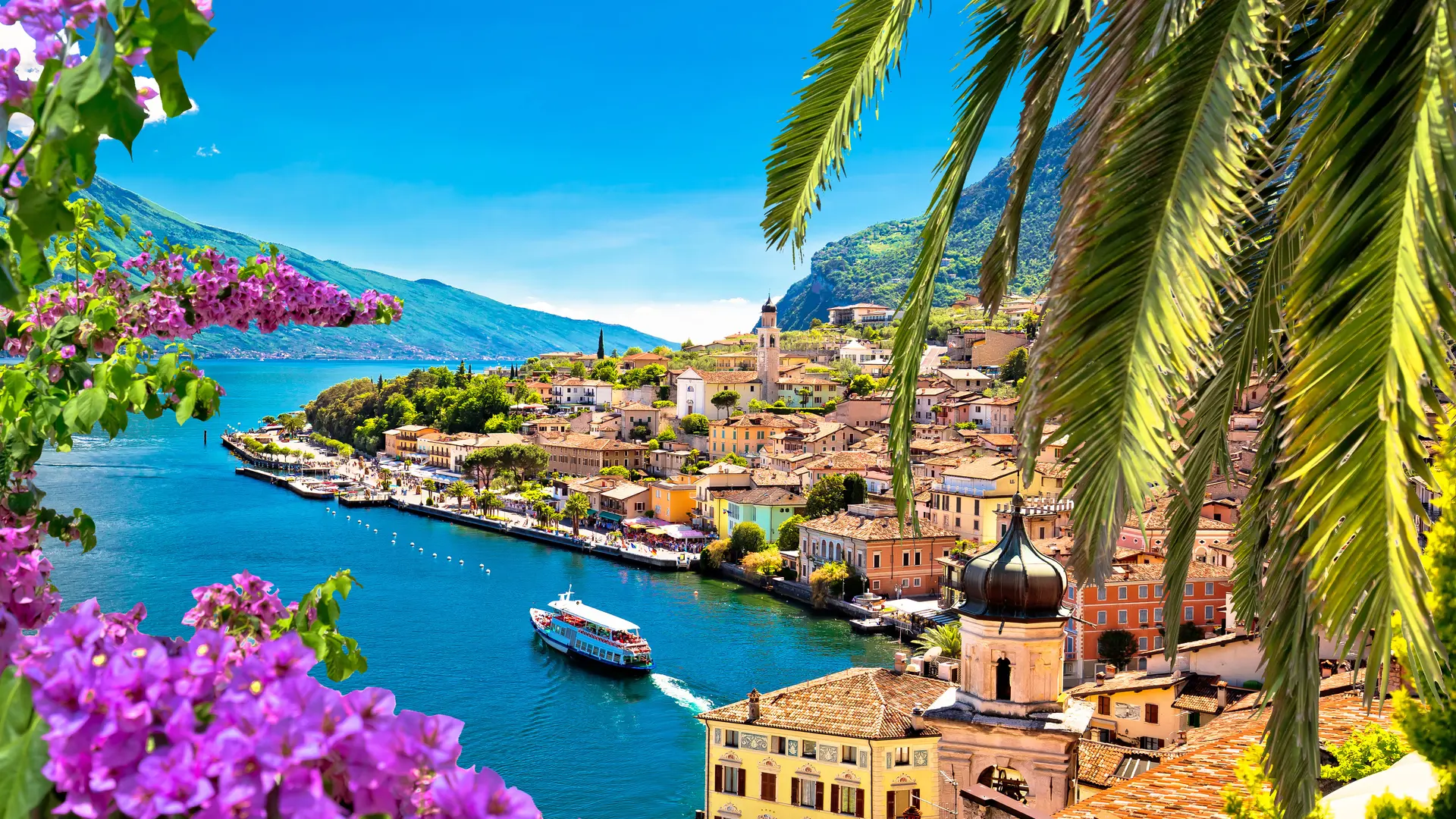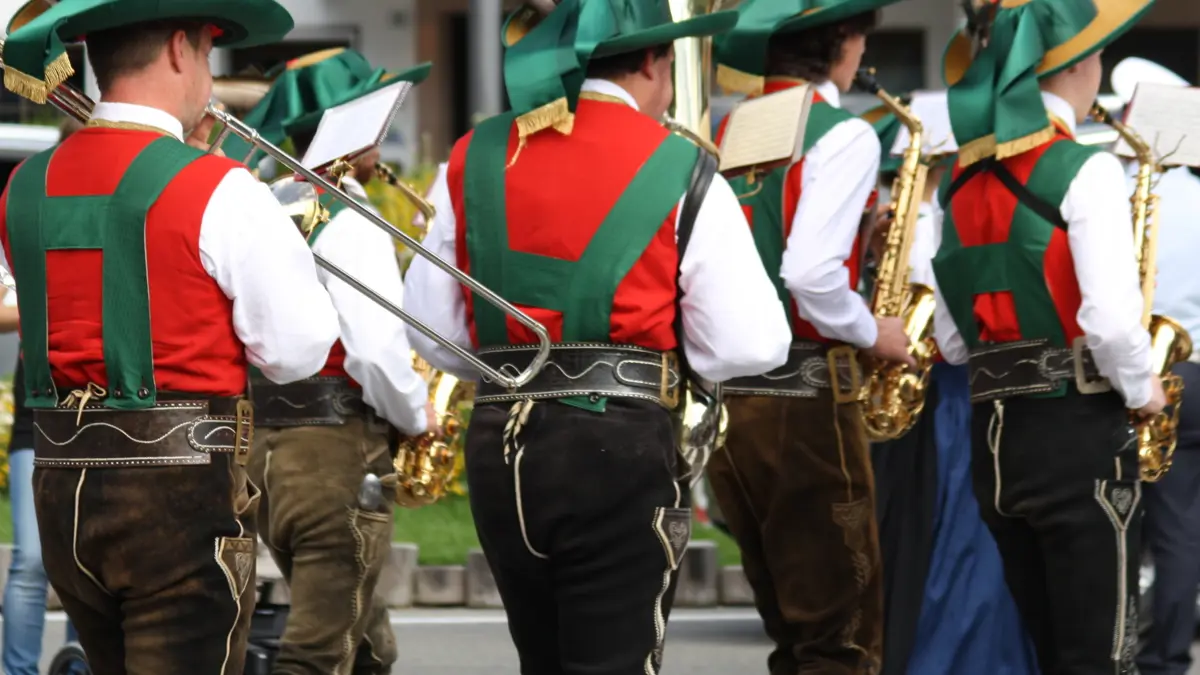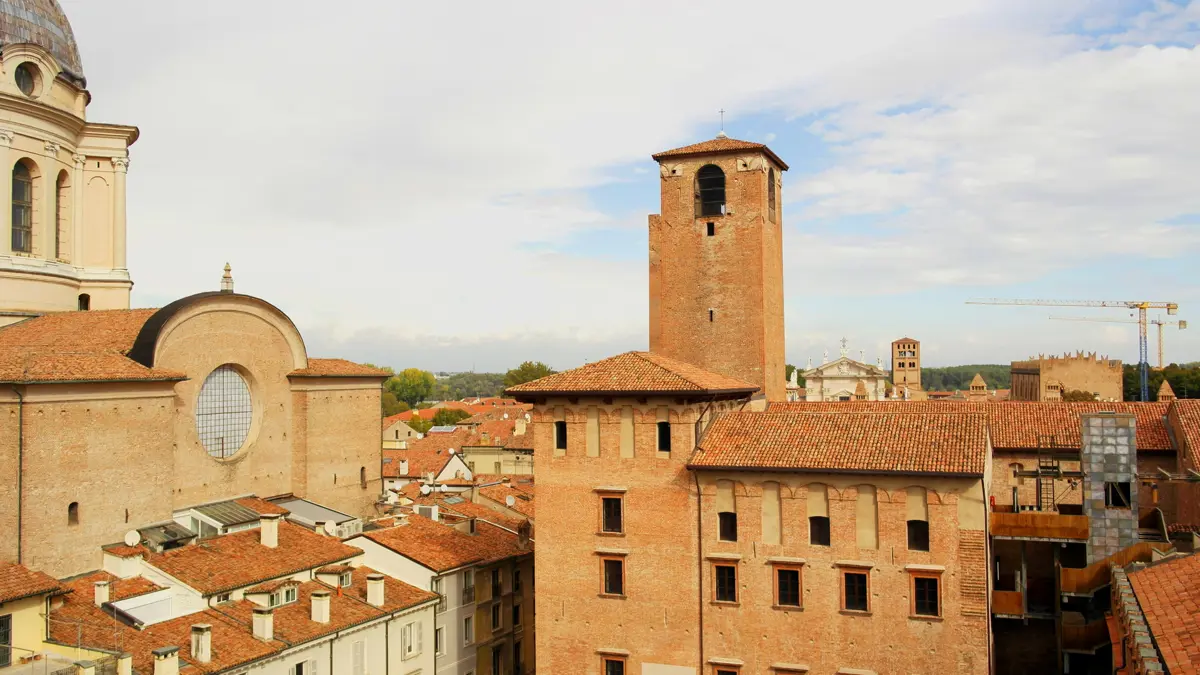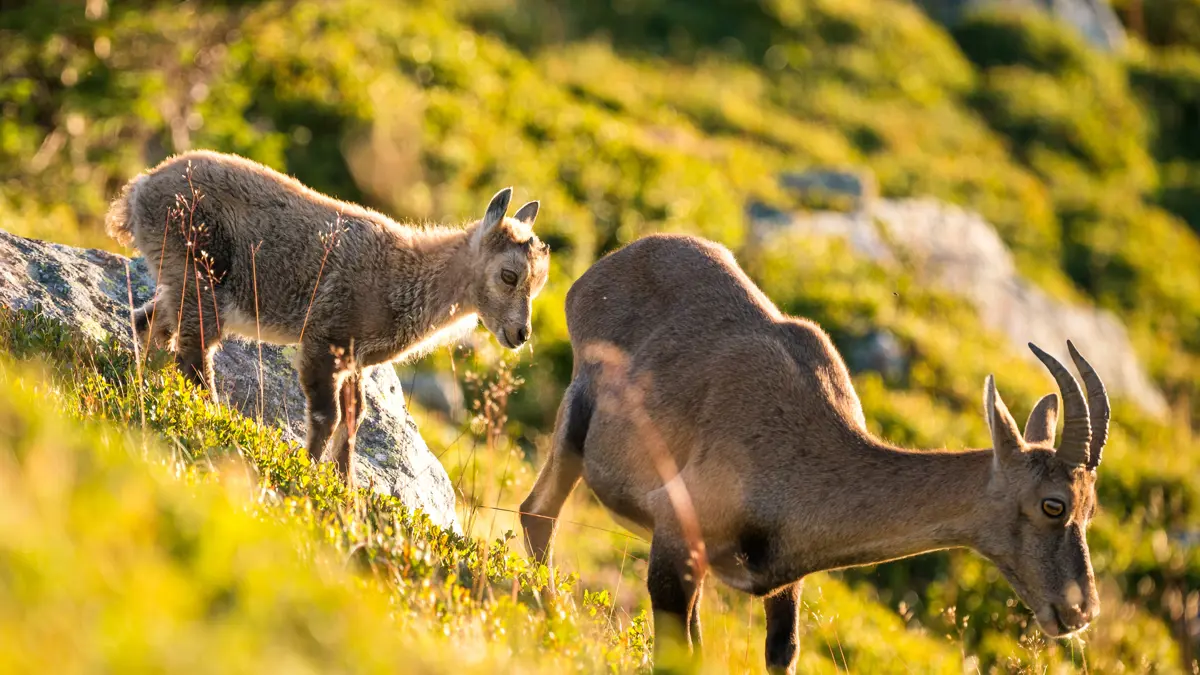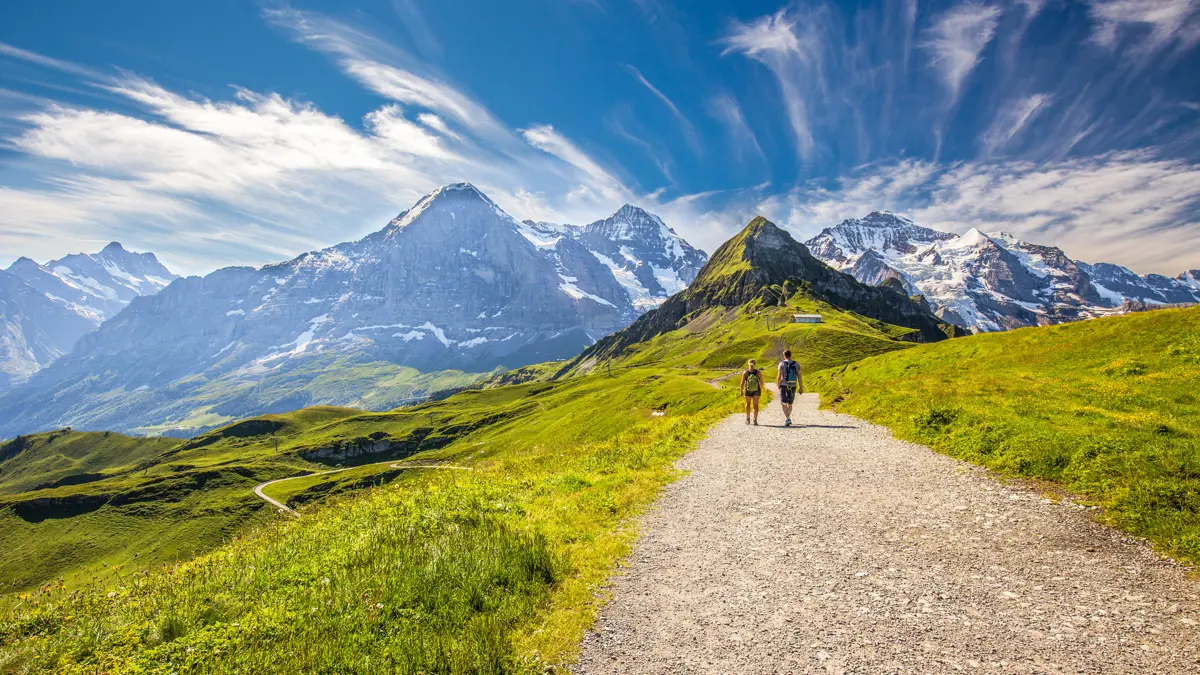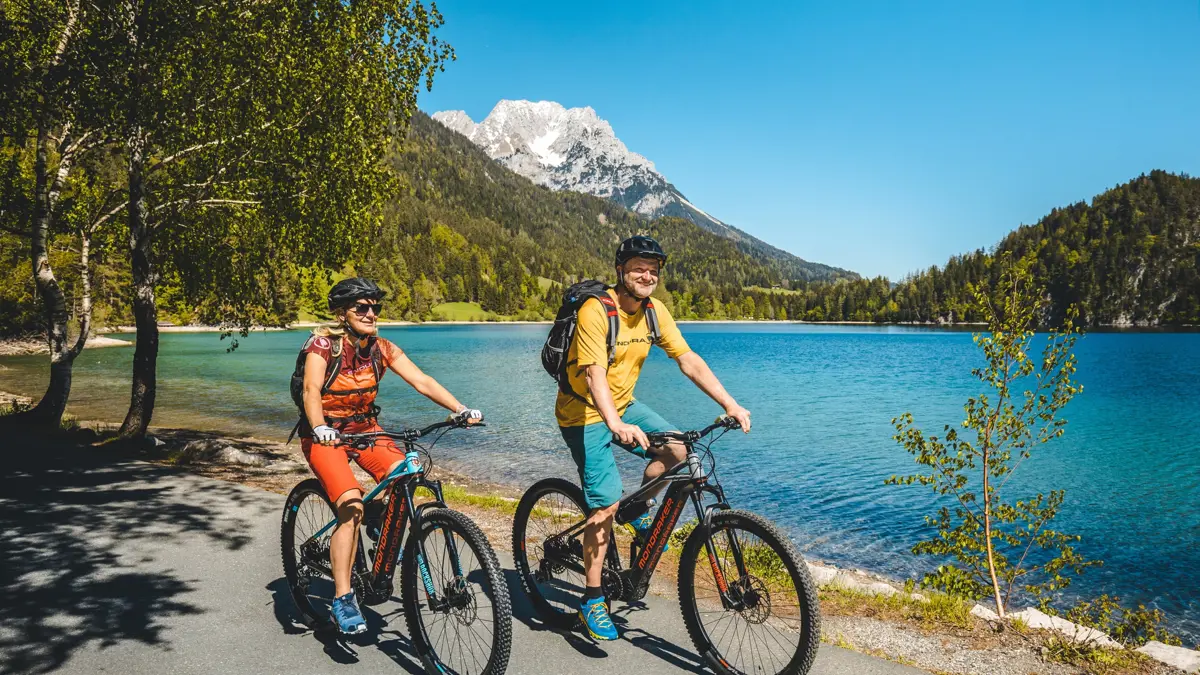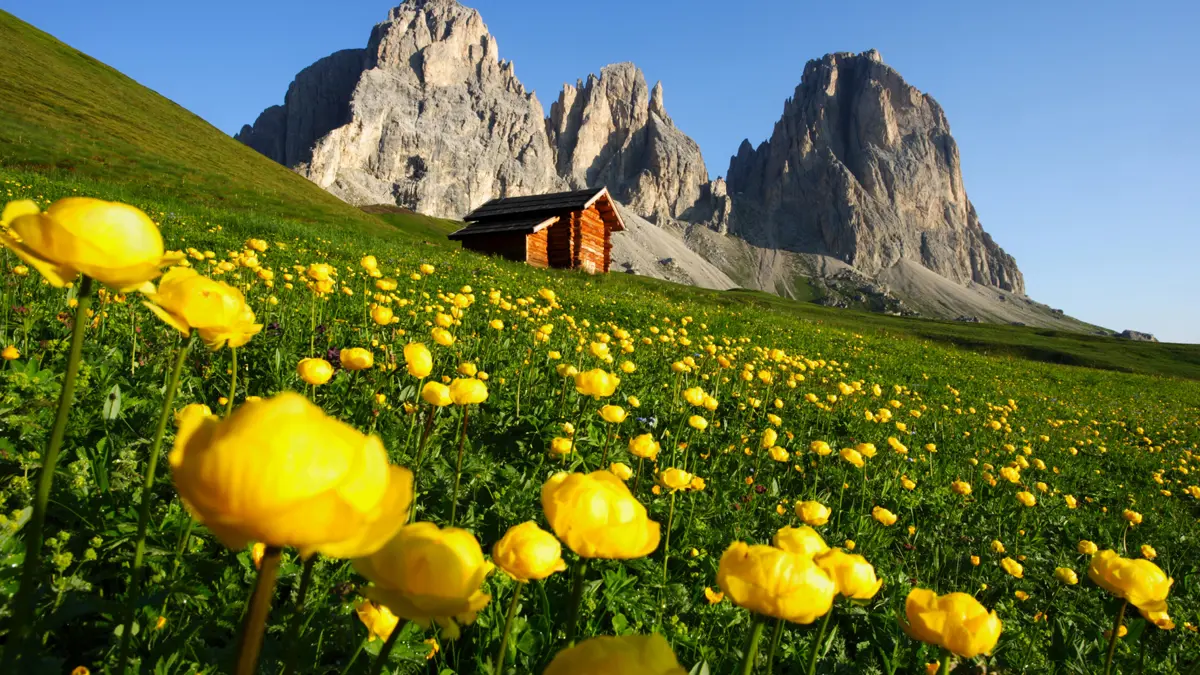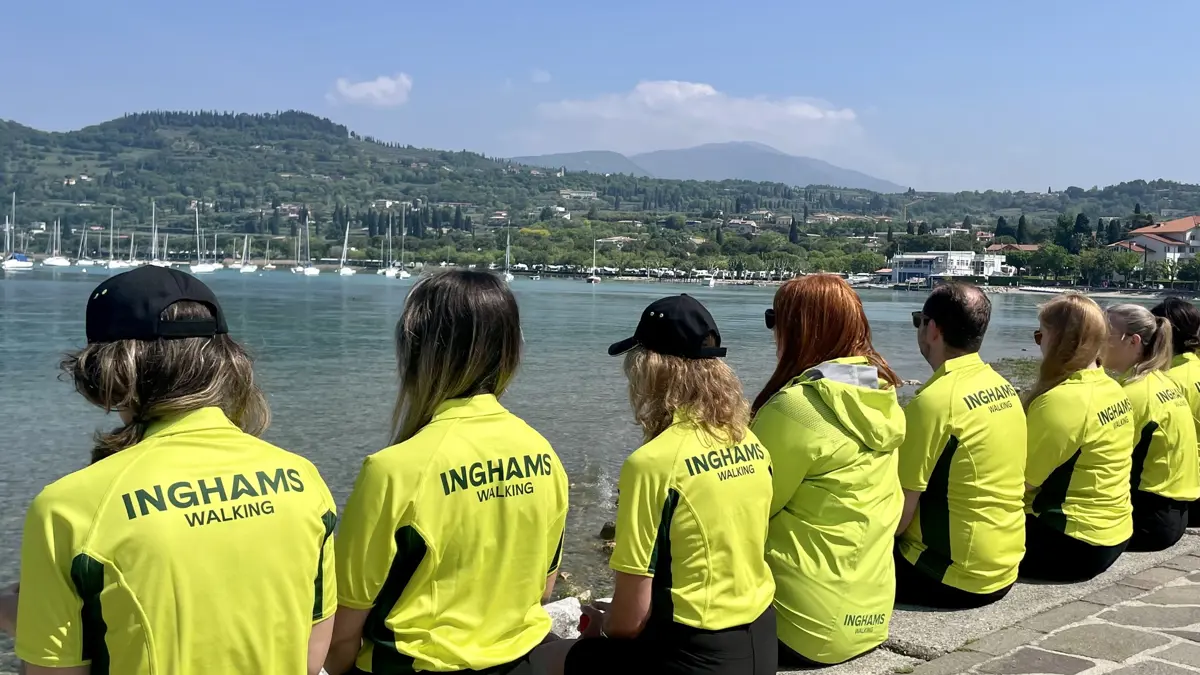Plan your perfect walking holiday
Inghams Insider Guides & tips
Your path to new discoveries starts here - Lace up your boots, fellow wanderers and prepare to dive into the wonders of Europe like never before. We've got the inside track on the most breath-taking walks, restaurants, sights and sounds so you can make every step count.
Whether you’re looking for a casual stroll in Switzerland, a romantic getaway in Slovenia or an interesting tale to bring home from Italy, we'll have you leaving with a suitcase full of incredible memories.
Browse our insider guide categories
Walking holiday destinations
Experience the excitement of an Inghams holiday and discover the best destinations in Europe this summer and beyond.
Why book your walking holiday with Inghams
The walking holiday experts. Discover the great outdoors with Inghams. Find out more
-
A holiday feeling every time
Discover your perfect holidayAn expertly crafted walking holiday with more choice, more experiences, and more of what you know and love about holidays.
-
Destinations in depth
Experience moreCulture… traditions… local cuisine - you’ll experience much more than the scenery for a richer, more rewarding holiday.
-
Award winning service for 90 years
Why book with usExcellent service makes an outstanding holiday. And you’ll feel the difference when you travel with us.
-
Take it in your stride
Walking gradesAs little or as much walking as you want. And always walking for pleasure - not an expedition or endurance test.
-
Championing the great outdoors
SustainabilityIf natures on your mind, then know it’s on ours too. The landscapes in Europe are special places and we’re determined to help keep them that way.
-
We're the whole package
DestinationsWith a package holiday, everything’s sorted (and protected by ABTA and ATOL) including travel, transfers, accommodation and expert advice tailored to you.
